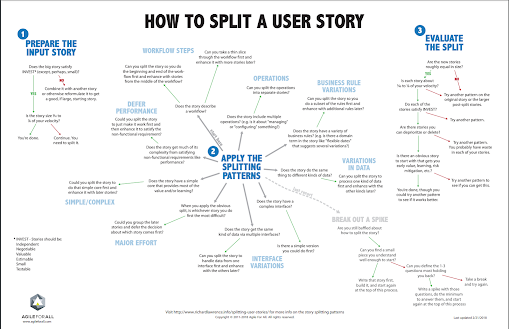css attribute selectors combined as logical AND
Challenge : you need to match a css id that has a stable beginning and end but a middle that could change and you don't have control over it. You could look at using ends with $ attribute selector or starts with ^ attribute selector. Not bad but not necessarily a strong match esp if ending is generic, like '-container' The wildcard is not a good match (pardon the pun) because of how it works, any match in a string versus wildcarding one or more characters in middle Solution : combine attribute selectors When combined like so they function as an AND. Perfect! Combine the starts with and ends with as in "starts with x AND ends with y" e.g. [id^='third-party-'][id$='-container'] this will target classes like so: ' third-party-*-container' love it Good css tricks article

